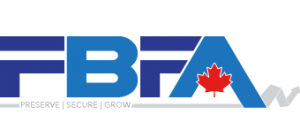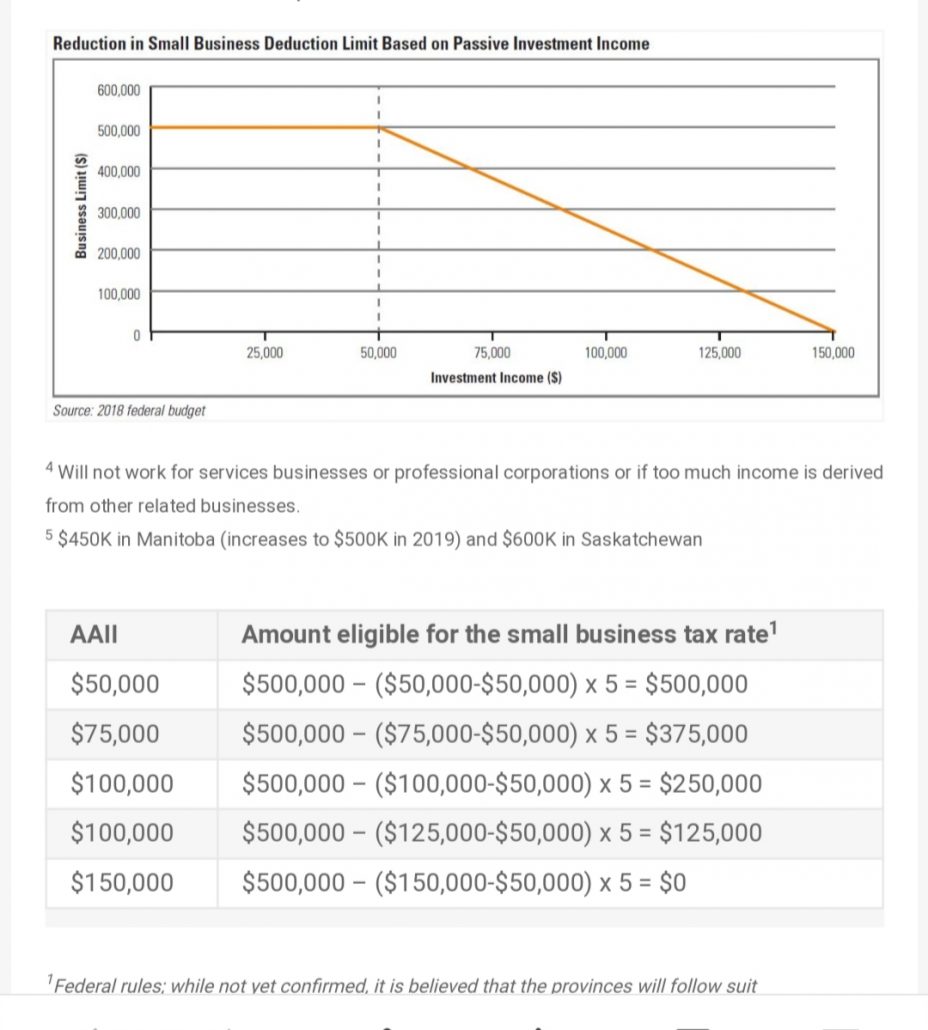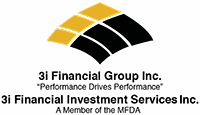3 Key Essentials To Build a Thriving Legacy
As a small-business owner or entrepreneur, you’re responsible for two families basically; the one you have at home, and the one you have through work.
No matter what your business is, you ought to manage any potential risk(s) you might face in running a successful business or profession. A well thought-out insurance risk management, and benefits program is essential.

For a business owner or entrepreneur, your greatest and a vital asset is most probably You! Your creativity, ingenuity, and management abilities are linked to the survival of the business; starting from now and into the future. Starting a venture that a lot of gut; it’s a risker game and the at the same time rewarding when you see the fruits of the labour.
Unfortunately, running the business has an intrinsic risk associated with it and you have to put in risk managing measures to ensure your brain-child thrive through the various metamorphosis of the business cycle. If you or your business partner die or become disabled, have the right plan and strategy in place would help protect your family and your business in a time of uncertainties.
To get a better sense of how well you’ve planned for these responsibilities, try asking yourself these questions:
- What will happen to my business and family if I die or become disabled- and unable to work?
- What will happen if certain key employees die or become permanently disabled?
- How can I attract and retain the best employees?
- How can I help ensure that my business will be able to weather unforeseen financial hardships?
- What will happen to my business when I retire? (At least plan 10-15 yrs in advance)
Let’s explore and learn more about how risk management strategies can help protect your business while giving you a competitive edge.
Business Continuation Strategies.
One of the first things any business owner needs to consider is how to protect against events that may threaten the future of the business, like the death or disability of a founder, co-founder, partner or key employee. Let me address a few major most business owners, entrepreneur and professional never get time to consider and address;
Income Replacement
Disability – income replacement insurance helps protect your income if you become disabled and can’t work. This is a must-have plan especially for self-employed, independent contracts, business owner and professional who relies on their ingenuity and creativity to earn an income to support themselves and their “two families”. Whether you need to secure their main source of income or supplement the coverage you receive from your employer or an association, Income Protection can help by providing a comprehensive and portable plan they can rely on throughout their working years. There are specialty business protection solutions available for small business owners and entrepreneurs.
Key Person Protection
“Key Person” insurance is another essential component of a smart business continuation plan. Key person insurance protection can be a life or disability insurance purchased by the business on such a key employee (“the Steve Job” kind of employee or partner) and payable to the business. When a key person dies or becomes disabled, insurance can help make up for lost sales or earnings or cover the cost of finding or training a replacement. The cost of hiring and training a valuable employee can be astronomical, especially in those rough times.
Buy-Sell Agreements Funding.
Individuals in business together most often have a shareholders’ agreement that addresses how the shareholders will conduct their affairs and the rights and/or obligations of all of the parties involved. Some shareholders may want to sell, and the others may want to buy their shares should one leave the company either by choice, retirement, disability, or death.
Why are these agreements so important? You might think that if you die, your family could maintain their income by running the business themselves or by hiring someone to handle the day-to-day management. The fact is, your loved ones may not have the skills or the desire for the job, and your co-owners may not welcome the idea of an unintended partner. With a properly structured and funded buy-sell agreement, your business partners won’t have to scramble to come up with the money to buy out your share of the business, and you’ll be guaranteed that your survivors will be compensated fairly and promptly.
Buy-sell agreements are typically funded by life insurance policies purchased on the lives of each of the business owners. You can enter into a buy-sell agreement at any time, but it often makes sense to do so when a business is formed or when new owners are brought into the business with help of a lawyer and small business insurance expert. Because business values can fluctuate, it’s important to review the contract with your accountant at least once per year or to include a calculation method in the agreement. Also, be sure the insurance coverage funding the agreement is up to date.
Clauses can be inserted to insure against the risk of becoming disabled and unable to work. In this case, disability income buyout insurance would fund the buy-sell agreement, allowing the disabled owners to be bought out, typically after a one-year waiting period, when faced with a terminal illness or as agreed by the partner in the shareholders’ agreement.
Let’s know if there any way we can help your business; to ensure you have the utmost peace of mind – we work and coordinate with Accountants and Lawyers, to securing and protecting your legacy, reach us here










